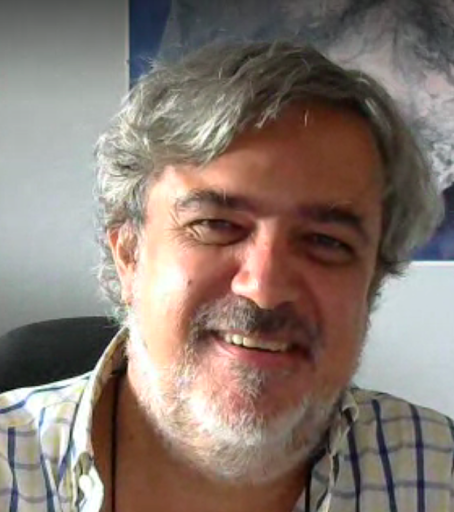UCAmI-2016 (IWAAL & AmIHEALTH)
(UCAmI 2015) 9th International Conference on Ubiquitous Computing & Ambient Intelligence(IWAAL 2015) 7th International Work-conference on Ambient Assisted Living
(AmIHEALTH 2015) 1th International on Ambient Assisted Living for Health

